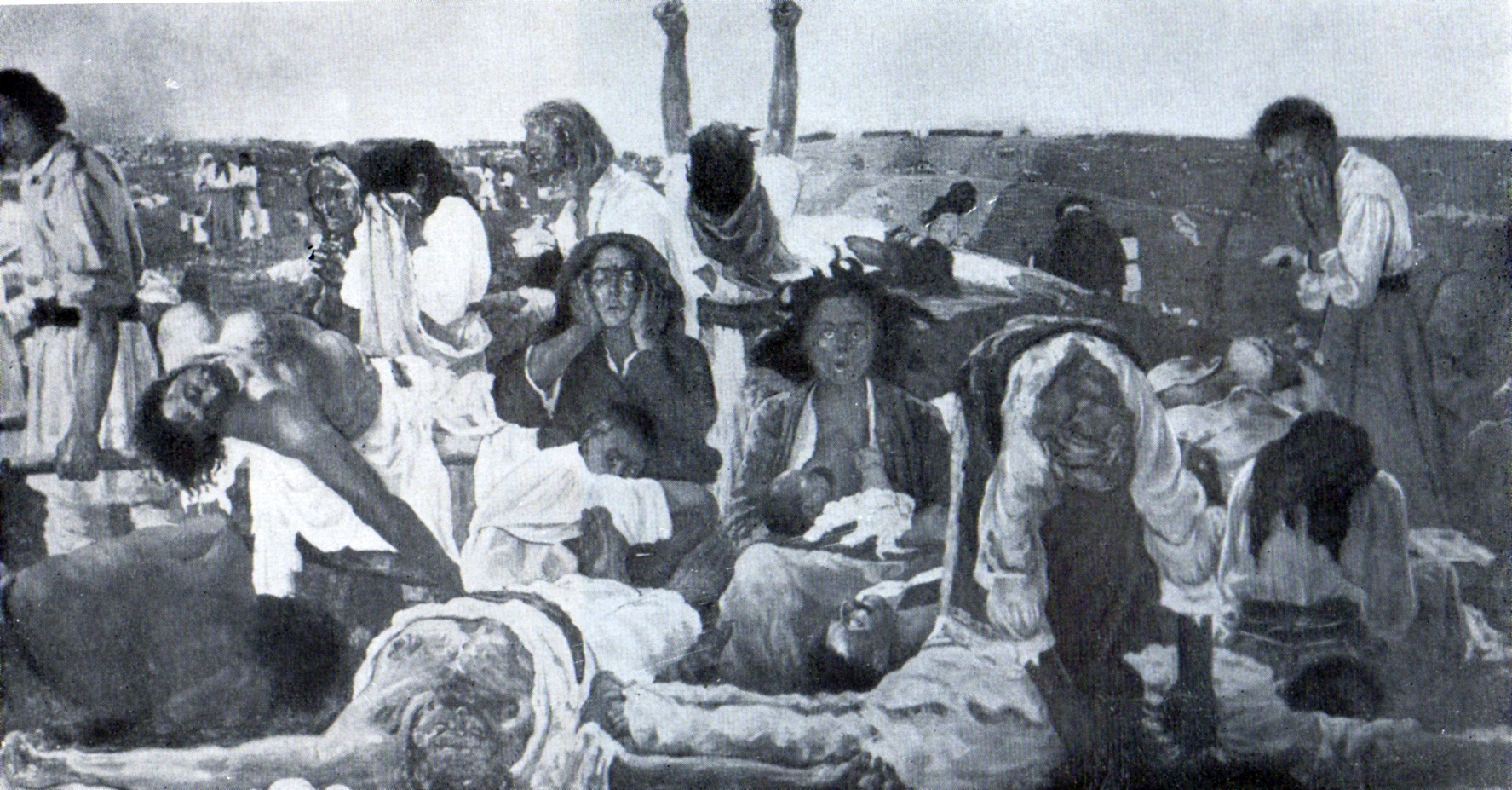What is Life? And Which Life Counts? Light and Dark Sides of Empathy in Romanian Literature around 1907

Event: Research Group
Location: NEC conference hall & Zoom
20 September 2024, 15.00-17.00 (Bucharest time)
Valeska BOPP-FILIMONOV, Junior Professor, Friedrich Schiller University Jena, Germany
Join Zoom Meeting
https://us02web.zoom.us/j/83975146746?pwd=jhmnbCdAtIYKUgqvF4OKpkbHHVGqfp.1
Meeting ID: 839 7514 6746
Passcode: 347372
Abstract:
My research focuses on empathy in Romanian literature. Recent debates, like the controversy over Valeriu Nicolae’s critique of Bogdan-Alexandru Stănescu’s book Kaspar Hauser, show the divided responses to racism and sensitivity in literature. While Nicolae highlights racism, other issues such as the treatment of women and animals remain (still) overlooked. The majority of debaters, however, defends the freedom of literature against such concerns.
I focus on texts from around 1907. For me, the Romanian peasant uprising with its undocumented number of deaths raised the question of the value of human and non-human life. Drawing on Ottmar Ette’s concept of literature as a repository of “life knowledge” (Lebenswissen) and Fritz Breithaupt’s studies on empathy, I explore how literature reflects ethical issues and analyses empathy’s inclusion or exclusion of “the other”. My argument is that the pre-WW1-period – and the uprising as an accelerator – was an extremely sensitive period holding a great variety of fictional sketches reflecting upon the human condition and creaturely life.
My findings allow for new interpretations of canonical works written during this period, but also invite eco-critical and anthropocentric readings of contemporary texts.
Short bio:
Valeska Bopp-Filimonov is Junior Professor for Romance Studies with focus on Romanian Studies at Friedrich Schiller University Jena in Germany. She finished her PhD in history at Leipzig University with a thesis on family memories of the communist period and the phenomenon of readjusting life-(hi)stories and memories after 1989, methodologically at the interface of discourse analysis and biographical research. Her current interest is in Romanian literary and cultural history, and at present especially the significance of human-animal representations in Romanian literature; but also the negotiation in cultural discourses as a whole of what life is and to whom it is granted.
This event is organized within the research group Reflections on the Political and Social History of the 18th and 19th Centuries in Romania (GRiPs) hosted by New Europe College.